Del Sol Press is a publishing company founded by Michael Neff in 2002. The first book published by them was a revision of Michael Brodsky's 1978 novel, Detour. Since that time Del Sol Press has gone on to publish work by Nin Andrews, David Blair, Joan Houlihan, Ander Monson, Don Thompson, Walter Cummins, and Thomas Kennedy, among others.
Del Sol Press seeks to publish work by both new and recognized writers, as well as republish literary works that have gone out of print. DSP also publishes literary SFF novels, among them, Mall by Pattie Palmer-Baker, Piper Robbin and the American Oz Maker by Warwick Gleeson, Die Back by Richard Hacker, and Karma City by Gardner Browning. An earlier SFF from 2017, War of the World Makers by Reilly Michaels, won three national book awards.

Terence Hanbury "Tim" White was an English writer. He is best known for his Arthurian novels, which were published together in 1958 as The Once and Future King. One of his most memorable is the first of the series, The Sword in the Stone, which was published as a stand-alone book in 1938.
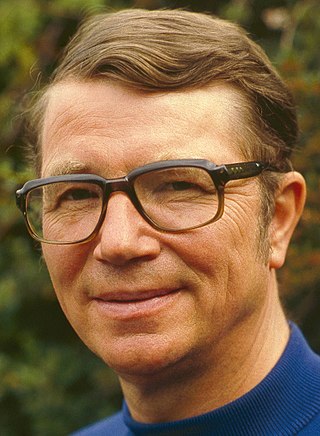
Colin Henry Wilson was an English writer and novelist. He also wrote widely on true crime, mysticism and the paranormal, eventually writing more than a hundred books. Wilson called his philosophy "new existentialism" or "phenomenological existentialism", and maintained his life work was "that of a philosopher, and (his) purpose to create a new and optimistic existentialism".

Joyce Carol Oates is an American writer. Oates published her first book in 1963, and has since published 58 novels, a number of plays and novellas, and many volumes of short stories, poetry, and non-fiction. Her novels Black Water (1992), What I Lived For (1994), and Blonde (2000), and her short story collections The Wheel of Love (1970) and Lovely, Dark, Deep: Stories (2014) were each finalists for the Pulitzer Prize. She has won many awards for her writing, including the National Book Award, for her novel them (1969), two O. Henry Awards, the National Humanities Medal, and the Jerusalem Prize (2019).
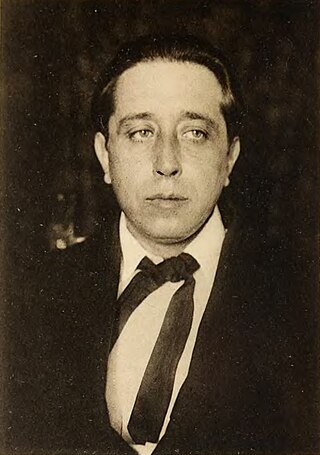
Gabriel Miró Ferrer, known as Gabriel Miró, was a Spanish modernist writer. In 1900 he finished his studies in law at the University of Granada and the University of Valencia. He focused mainly on writing novels, but also collaborated to a large number of newspapers such as: El Heraldo, Los Lunes de El Imparcial, ABC and El Sol. He was among the contributors of the Madrid-based avant-garde magazine Prometeo between 1908 and 1912. The rich and poetic language, the philosophical and theological ideas, and the subtle irony are some of the main characteristics of his works. Gabriel Miró preferred to focus on the intimate world of his characters and its development, in the inner relations between everything in their surrounding and the way they evolve in time.
Literary fiction, mainstream fiction, non-genre fiction, serious fiction, high literature, artistic literature, and sometimes just literature are labels that, in the book trade, refer to market novels that do not fit neatly into an established genre ; or, otherwise, refer to novels that are character-driven rather than plot-driven, examine the human condition, use language in an experimental or poetic fashion, or are simply considered serious art.
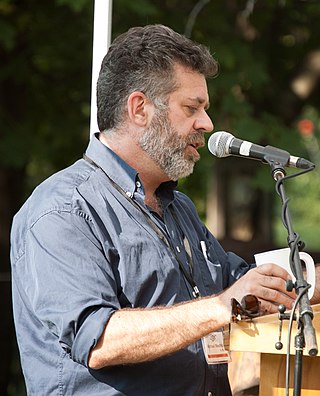
Michael Redhill is an American-born Canadian poet, playwright and novelist. He also writes under the pseudonym Inger Ash Wolfe.

Southern United States literature consists of American literature written about the Southern United States or by writers from the region. Literature written about the American South first began during the colonial era, and developed significantly during and after the period of slavery in the United States. Traditional historiography of Southern United States literature emphasized a unifying history of the region; the significance of family in the South's culture, a sense of community and the role of the individual, justice, the dominance of Christianity and the positive and negative impacts of religion, racial tensions, social class and the usage of local dialects. However, in recent decades, the scholarship of the New Southern Studies has decentralized these conventional tropes in favor of a more geographically, politically, and ideologically expansive "South" or "Souths".

Elements of the supernatural and the fantastic were an element of literature from its beginning. The modern genre is distinguished from tales and folklore which contain fantastic elements, first by the acknowledged fictitious nature of the work, and second by the naming of an author. Works in which the marvels were not necessarily believed, or only half-believed, such as the European romances of chivalry and the tales of the Arabian Nights, slowly evolved into works with such traits. Authors like George MacDonald (1824–1905) created the first explicitly fantastic works.
George Reginald Turner was an Australian writer and critic, best known for the science fiction novels written in the later part of his career. His first science fiction story and novel appeared in 1978, when he was in his early sixties. By this point, however, he had already achieved success as a mainstream novelist, including a Miles Franklin Award, and as a literary critic.
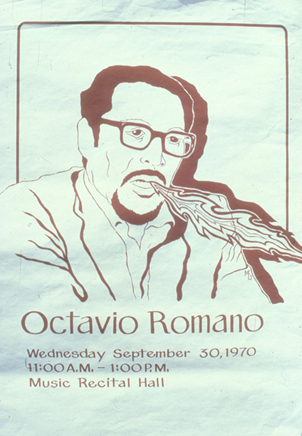
Quinto Sol was the first fully independent publishing house to surface from the Chicano movement in the Sixties. Editorial Quinto Sol was founded in 1967 at UC Berkeley by Octavio I. Romano, a Professor of Behavioral Science and Public Health, in collaboration with Nick C. Vaca and Andres Ybarra. The name "Quinto Sol" is Spanish for "Fifth Sun" and it refers to the Aztec myth of creation and destruction. Since the beginning of the Chicano movement in the 1960s, this concept has become a pathway to cultural expression. The Fifth Sun has constantly been integrated into the music, art and literature of the Chicano idea.
Latin American literature consists of the oral and written literature of Latin America in several languages, particularly in Spanish, Portuguese, and the indigenous languages of the Americas. It rose to particular prominence globally during the second half of the 20th century, largely due to the international success of the style known as magical realism. As such, the region's literature is often associated solely with this style, with the 20th century literary movement known as Latin American Boom, and with its most famous exponent, Gabriel García Márquez. Latin American literature has a rich and complex tradition of literary production that dates back many centuries.

Kevin John Brockmeier is an American writer of fantasy and literary fiction. His best known work is The Brief History of the Dead, 2006.
Philippine literature in Spanish is a body of literature made by Filipino writers in the Spanish language. Today, this corpus is the third largest in the whole corpus of Philippine literature. It is slightly larger than the Philippine literature in the vernacular languages. However, because of the very few additions to it in the past 30 years, it is expected that the former will soon overtake its rank.
Tom Flood is an Australian novelist, editor, manuscript assessor, songwriter and musician.
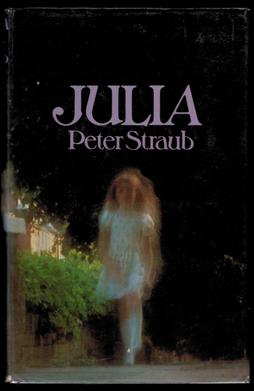
Julia is a 1975 novel by American writer Peter Straub. The work is Straub's first novel to deal with the supernatural and was published through Coward, McCann & Geoghegan. Julia was later adapted into the 1977 film Full Circle, starring Mia Farrow.

Bug Jack Barron is a 1969 science fiction novel by American writer Norman Spinrad, first serialized in the New Worlds magazine under the editorship of Michael Moorcock. It was nominated for the 1970 Hugo Award. The novel is notable for its lyrical style and unique use of cut-up phrases. In this regard, Spinrad has cited the influence of Beat writers William S. Burroughs, Allen Ginsberg, and Jack Kerouac.

Juan Gabriel Vásquez is a Colombian writer, journalist and translator. Regarded as one of the most important Latin American novelists working today, he is the author of seven novels, two volumes of stories, two books of literary essays, and numerous articles of political commentary. His novel The Sound of Things Falling, published in Spanish in 2011, won the Alfaguara Novel Prize and the 2014 International Dublin Literary Award, among other prizes. His novels have been published in 28 languages. In 2012, after living in Europe for sixteen years, in Paris, the Belgian Ardennes, and Barcelona, Vásquez moved with his family back to Bogotá.

Evan Lavender-Smith is an American writer, editor, and professor.

Dolores Redondo Meira is a Spanish writer of noir novels, author of the Baztán Trilogy, and winner of the 2016 Premio Planeta de Novela literary prize.
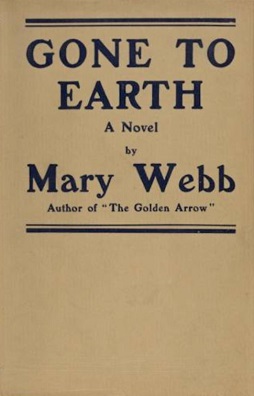
Gone to Earth is a 1917 romance novel by the British writer Mary Webb. It was her second novel following her debut The Golden Arrow the previous year. It received positive reviews and Rebecca West described it as her book of the year. It is set in Shropshire around Long Mynd and Wenlock Edge. In 1935 it was one of the first batch of Penguin Books published.